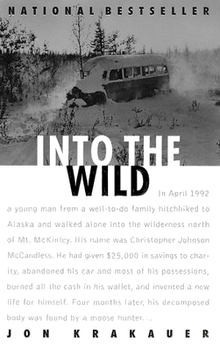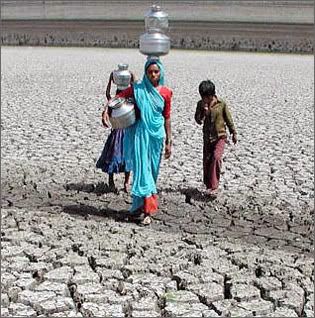
Flight Behavior
While reading this book, many elements of Dellaboria's life strike me as being similar to that of my extended family. My parents are from Ohio and West Virginia, and they both grew up on farms in small cities. Although we do not have much remaining family in West Virginia, I have more than 200 relatives in Southern Ohio. A majority of these individuals live in a town named Camden, which has a population of around 2000. Although I adore most of my family, many of them have not been exposed to life outside of their small, predominately white, farming town. Camden seems to be similar to Feathertown, Tennessee, where Dellaboria resides. It has always been somewhat challenging for me to travel to Camden, for I have lived a life full of diversity, and some individuals in Southern Ohio are not as accepting as the people I have grown up around. Although I should not, I often find myself questioning and critiquing the mindset of many of my family members. Like Dellaboria's family members, my family in Camden holds strong religious, economic, and political views, some of which I am not entirely in agreement with. I am looking forward to reading more of "Flight Behavior," because I feel that I will have a deep connection to Dellaboria and the life she is beginning to question even more than I already do.

As it turns out, this book is one individual's exploration and investigation of climate change and it's effect on Earth. As Dellaboria goes through her regular, monotonous routine, the weather patterns begin to shift dramatically and rain begins to cause mudslides, torrential downfall, and horrible storms. After the rain, Dellaboria's town gets a migration of monarch butterflies.
 At first, she, like the rest of her town, thinks these butterflies are a message from God. With further consideration and research, Dellaboria begins to believe the butterflies are actually a result of changing weather patterns, and an increase in temperature. She tries to convey her message to her town, however she is quickly shut down, because the people have not been educated on climate change and global warming.
At first, she, like the rest of her town, thinks these butterflies are a message from God. With further consideration and research, Dellaboria begins to believe the butterflies are actually a result of changing weather patterns, and an increase in temperature. She tries to convey her message to her town, however she is quickly shut down, because the people have not been educated on climate change and global warming.This book is a great example of climate change denial, or at least lack of education surrounding these issues. Perhaps, with supplemental materials that detail climate change events, this book would be a great eye opener to expose the lack of knowledge that surrounds climate change. I would definitely recommend this book to everyone in our class. Although it is not my favorite book ever, I did enjoy the way in which Kingsolver wrote, and her message was very powerful. I also enjoyed the personal connection I felt with the characters, particularly Dellaboria. I felt as if I could relate to her because she was from a small, somewhat uneducated town, and she had to face many societal pressures.




